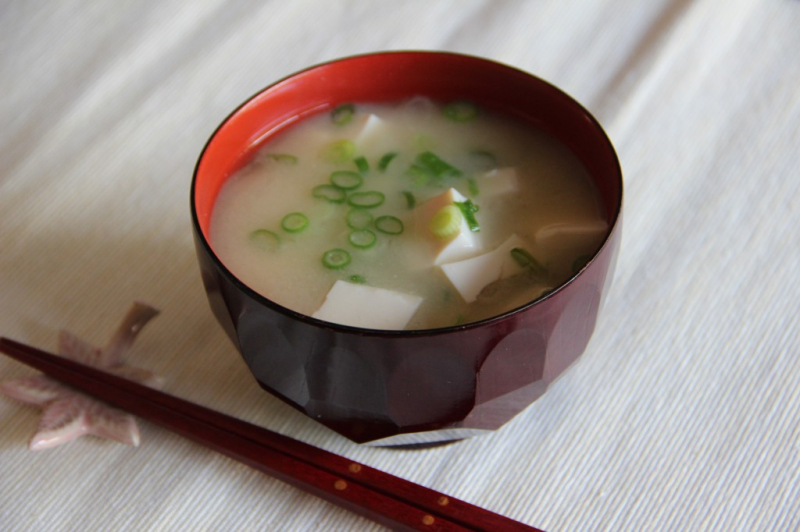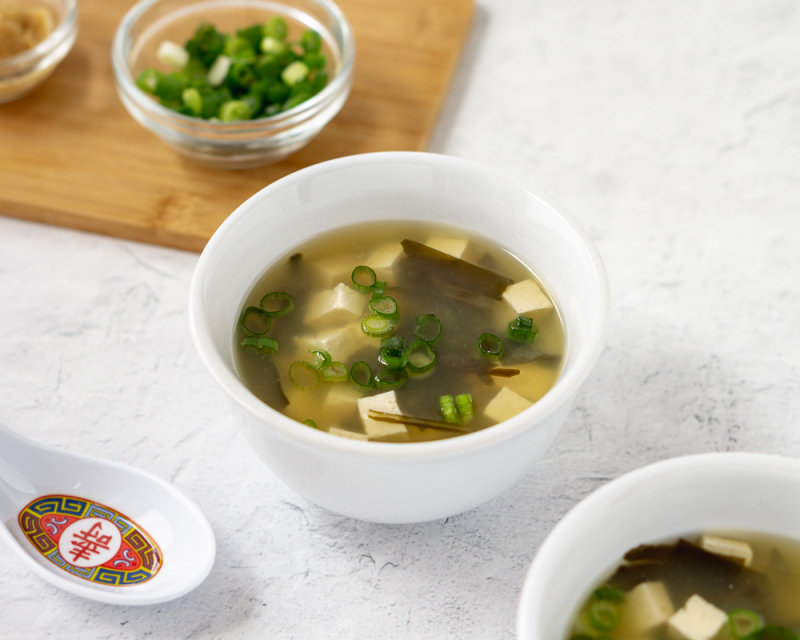Miso
In Japanese cuisine, miso is a frequent seasoning. Soybeans are fermented with salt and koji, a kind of fungus. Miso soup, a savory meal consisting of miso paste and stock, is most commonly found in Japanese meals. Breakfast is typically served with miso soup.
Miso has been associated with numerous health benefits in some research. One research of 21,852 Japanese women found a link between miso soup intake and a lower risk of breast cancer. Another earlier study including over 40,000 participants found that Japanese women who ate more miso soup had a lower risk of stroke. Miso may also aid in the reduction of blood pressure and the protection of heart health. In addition, research involving middle-aged and older Japanese adults found that eating miso soup on a regular basis may result in a reduced heart rate. Despite its saltiness, miso soup did not raise blood pressure. Other Japanese research, on the other hand, has linked miso soup intake and its high salt content to an increased risk of stomach cancer. In one research, eating 3–4 cups of miso soup per day increased the risk of stomach cancer, whereas eating 1–5 cups per day increased the risk of stomach cancer in another.












